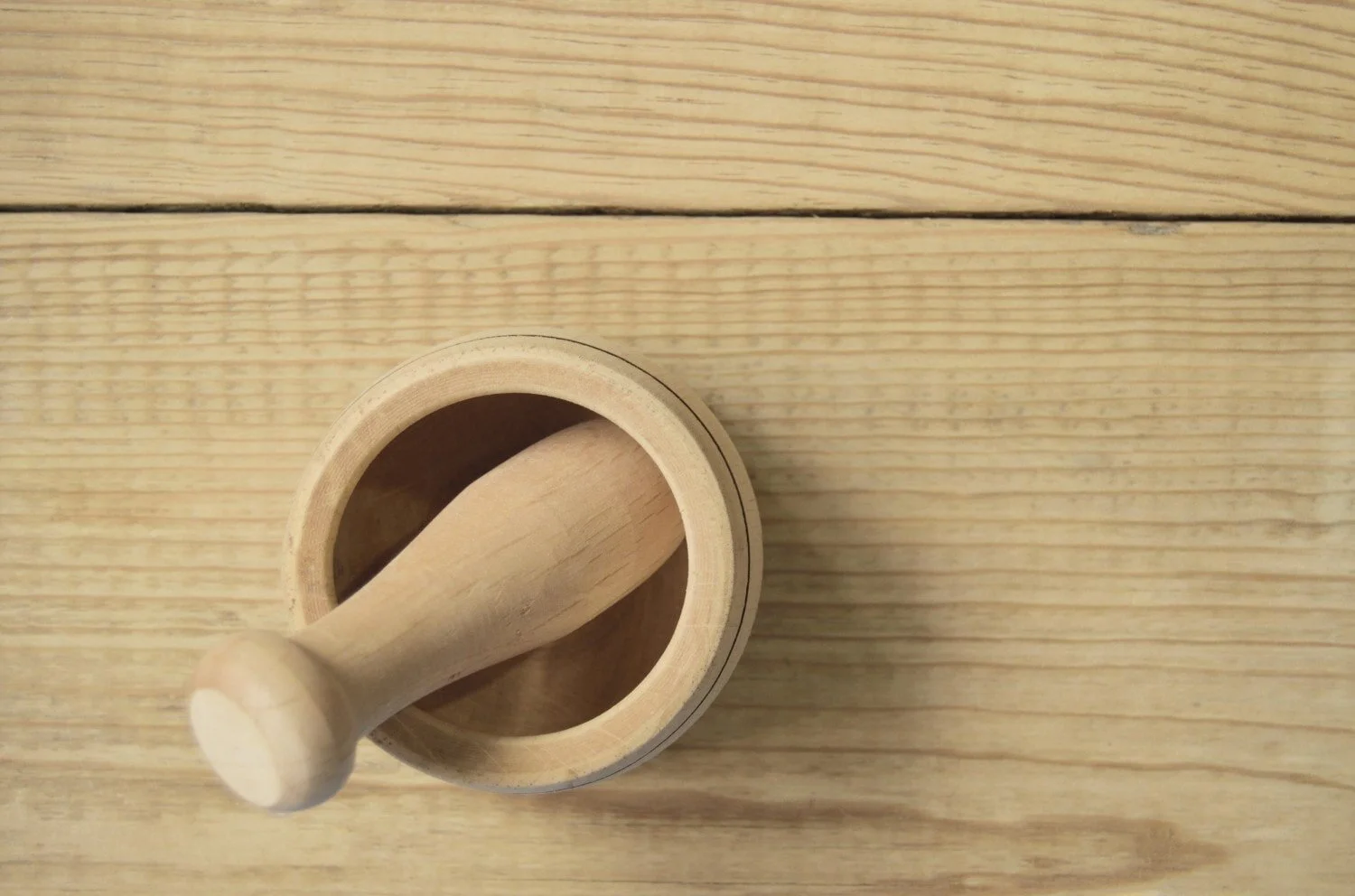Monolaurin and L-Lysine: Better Together
Disclaimer: The research below is offered for information and educational purposes only and is not intended to provide medical advice. See Terms & Conditions
Better Together:
Monolaurin and L-Lysine
Herpes Simplex Virus (HSV) is a relatively common infection and one which has no known cure. The following literature review explores two substances, L-lysine and monolaurin, and the related research surrounding HSV and lab studies.
Lysine and monolaurin may play a role in supporting, regulating, or maintaining immune function in the presence of infections. Lysine is a natural amino acid, which the body cannot produce on its own. L-lysine must be obtained from food sources or through medically approved supplements containing the amino acid.
Monolaurin is formed in the body when food containing lauric acid is consumed, such as coconut oil. It is unknown exactly how much the body converts, making supplementation necessary for more precise or therapeutic quantities.
L-Lysine: Promising Research against HSV
In one human study (Ref #1, 2), control groups were given L-lysine monohydrochloride daily to study the effects of lysine on the rate of recurrence on Herpes Simplex Virus (HSV). The study reported that L-lysine is effective in slowing down the occurrence of HSV infections, reducing symptoms, and healing time was significantly reduced.
“Lysine appears to suppress the clinical manifestations of herpesvirus infection. 45 patients with frequently recurring herpes infection were given 312-1,200 mg of lysine daily in single or multiple doses. The clinical results demonstrated a beneficial effect from supplementary lysine in accelerating recovery from herpes simplex infection and suppressing recurrence. Tissue culture studies have demonstrated an enhancing effect on viral replication when the amino acid ratio of arginine to lysine favors arginine.”
and:
“A double-blind, placebo-controlled, multicenter trial of oral L-lysine monohydrochloride for the prevention and treatment of recurrent herpes simplex (HSV) infection was conducted. The treatment group was given L-Lysine monohydrochloride tablets (1,000 mg L-lysine per dose) 3 times a day for 6 months. A total of 27 (6 male and 21 female) subjects on L-lysine and 25 (6 male and 19 female) subjects on placebo completed the trial. The L-lysine treatment group had an average of 2.4 (p less than 0.05) less HSV infections, symptoms were significantly (p less than 0.05) diminished in severity and healing time was significantly reduced (p less than 0.05). L-Lysine appears to be an effective agent for reduction of occurrence, severity and healing time for recurrent HSV infection.”
In another study (Ref # 3), a randomized, double-blind, placebo-controlled, cross-over study of forty-one patients it was found that oral ingestion of L-Lysine monohydrochloride shows evidence of decreasing the recurrence rate of herpes simplex attacks in nonimmunocompromised hosts. L-Lysine may be capable of decreasing the severity of symptoms associated with HSV recurrences.
“In a prospective, randomized, double-blind, placebo-controlled, cross-over study of forty-one patients we found that oral ingestion of 1,248 mg a day of L-Lysine monohydrochloride shows evidence of decreasing the recurrence rate of herpes simplex attacks in nonimmunocompromised hosts. L-Lysine may also be capable of decreasing the severity of symptoms associated with recurrences.”
A third study (Ref #4) showed L-lysine has an inhibitory effect on the multiplication of herpes simplex virus in cell cultures. The study included 65 patients in a double-blind, placebo-controlled, crossover study. In the study, significantly more patients were recurrence-free during lysine than during placebo treatment, suggesting that certain patients may benefit from prophylactic lysine administration.
“L-lysine has an inhibitory effect on the multiplication of herpes simplex virus in cell cultures. We have evaluated the prophylactic effect of L-lysine monohydrochloride 1000 mg daily on recurrent herpes simplex labialis in 65 patients in a double-blind, placebo-controlled, crossover study. After 12 weeks of lysine treatment the patients shifted to placebo treatment for a similar period. Significantly more patients were recurrence-free during lysine than during placebo treatment (p = 0.05), suggesting that certain patients may benefit from prophylactic lysine administration.”
Better Together: L-Lysine + Monolaurin
L-lysine and monolaurin have individually demonstrated results against Herpes Simplex Virus (Type 1 and Type 2) in laboratory studies, and may produce positive results when combined.
L-lysine for Reducing Symptoms and Duration
L-lysine may help to reduce the occurrence of HSV breakouts. As noted in the research above, l-lysine has been shown in some laboratory studies to help reduce the severity and duration of HSV breakouts.
Monolaurin for Immune Support and Regulation
Monolaurin has been shown to assist with disabling the HSV virus in lab studies, as detailed in previous articles. A compromised viral load can help prevent the virus from reproducing, and may decrease the risk of transmission. Additionally, monolaurin has also been shown to dissolve the HSV virus in select laboratory studies suggesting monolaurin may be able to kill HSV in vitro. (Ref #5, 6)
When combining L-lysine and monolaurin, the results might be advantageous. While research suggests L-lysine may reduce the occurrence of HSV symptoms and duration of breakouts, monolaurin may work to regulate the immune response and potentially support overall health.
interested in trying monolaurin?
Consider some of the products located on this external site:
References
Griffith R.S.,Norins A.L., Kagan C. A Multicentered Study of Lysine Therapy in Herpes simplex Infection. Dermatologica 1978;156:257–267 https://doi.org/10.1159/000250926
Griffith R.S., Walsh D.E., Myrmel K.H., Thompson R.W., Behforooz A. Success of L-Lysine Therapy in Frequently Recurrent Herpes simplex Infection. Dermatologica 1987;175:183–190 https://doi.org/10.1159/000248823
McCune MA , Perry HO , Muller SA , O'Fallon WM. Treatment of recurrent herpes simplex infections with L-lysine monohydrochloride. Cutis. 1984 Oct;34(4):366-73. https://www.ncbi.nlm.nih.gov/pubmed/6435961 \
Milman N, Scheibel J, Jessen O. Lysine prophylaxis in recurrent herpes simplex labialis: a double-blind, controlled crossover study. Acta Derm Venereol. 1980;60(1):85-7. https://www.ncbi.nlm.nih.gov/pubmed/6153847
Kabara JJ. The Pharmacological Effect of Lipids. Champaign, Ill, USA: American Oil Chemist’s Society; 1978. Page 92
Projan SJ, Brown-Skrobot S, Schlievert PM, Vandenesch F, Novick RP, J Bacteriol. Glycerol monolaurate inhibits the production of beta-lactamase, toxic shock toxin-1, and other staphylococcal exoproteins by interfering with signal transduction. 1994 Jul; 176(14):4204-9

